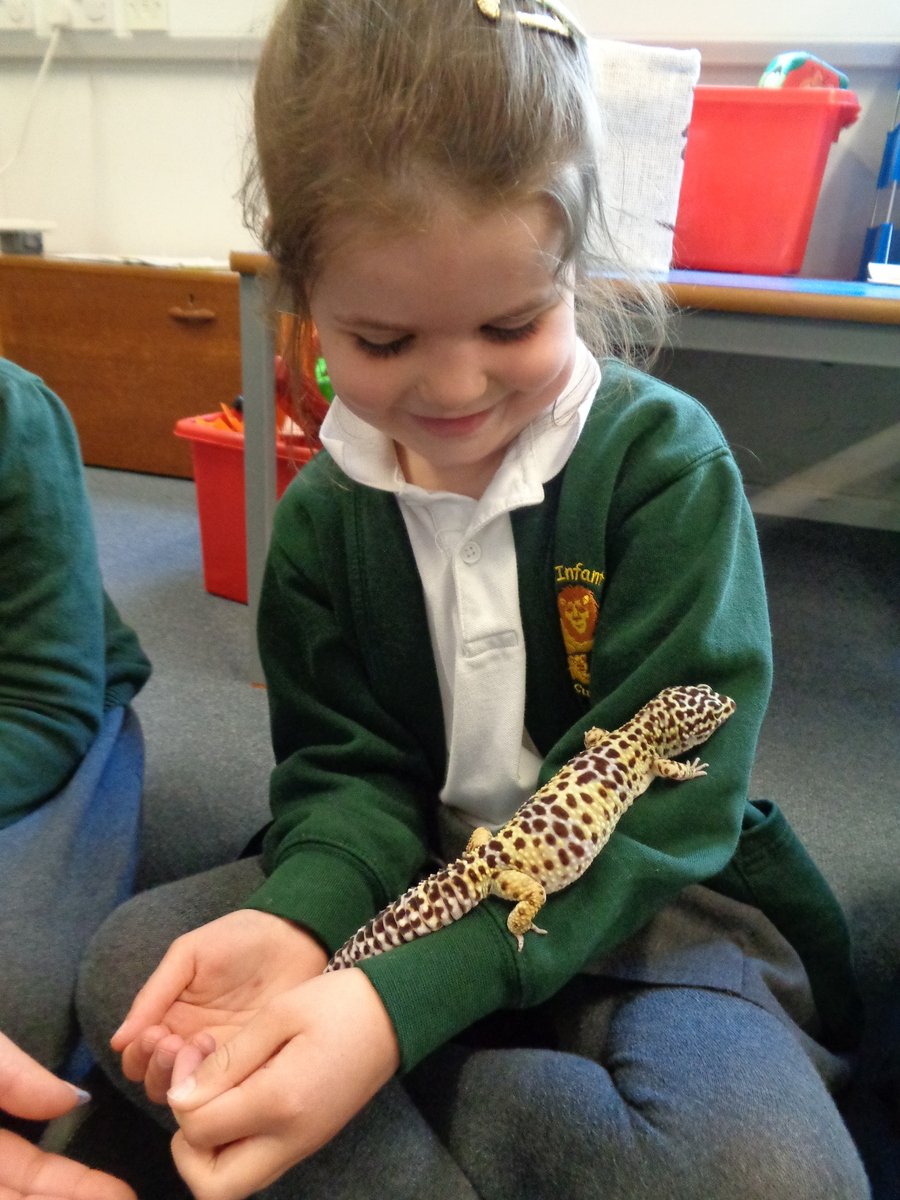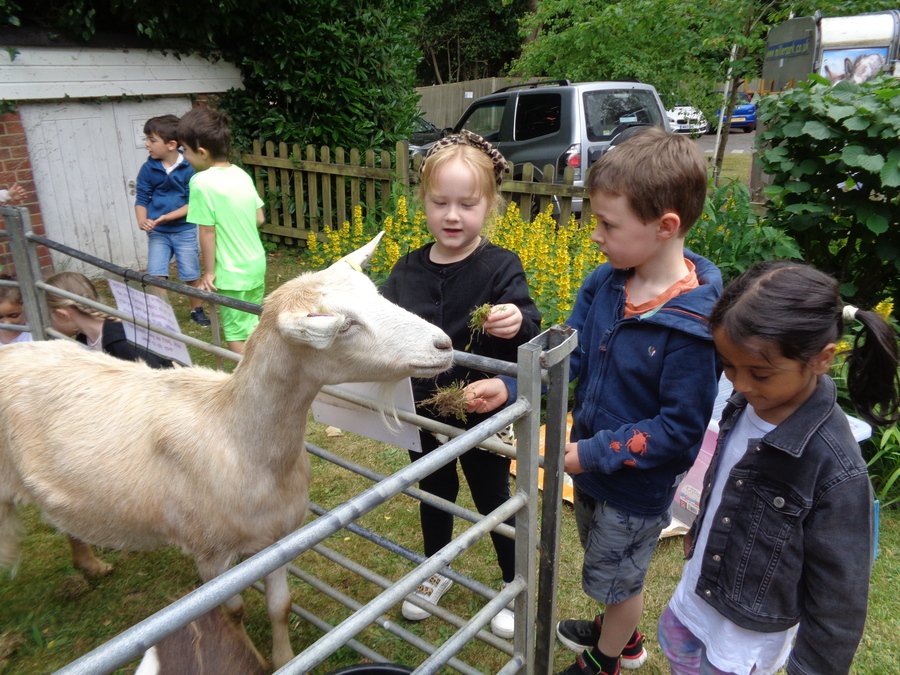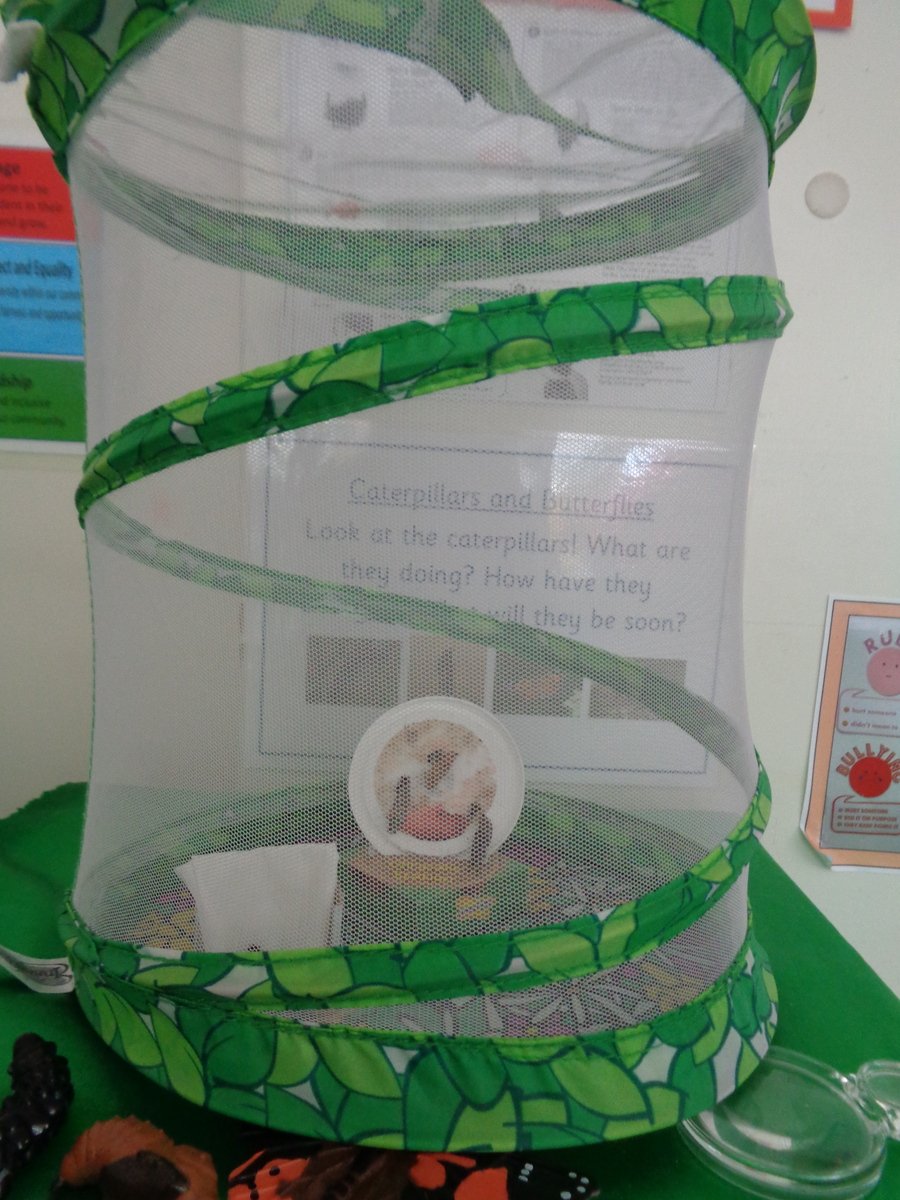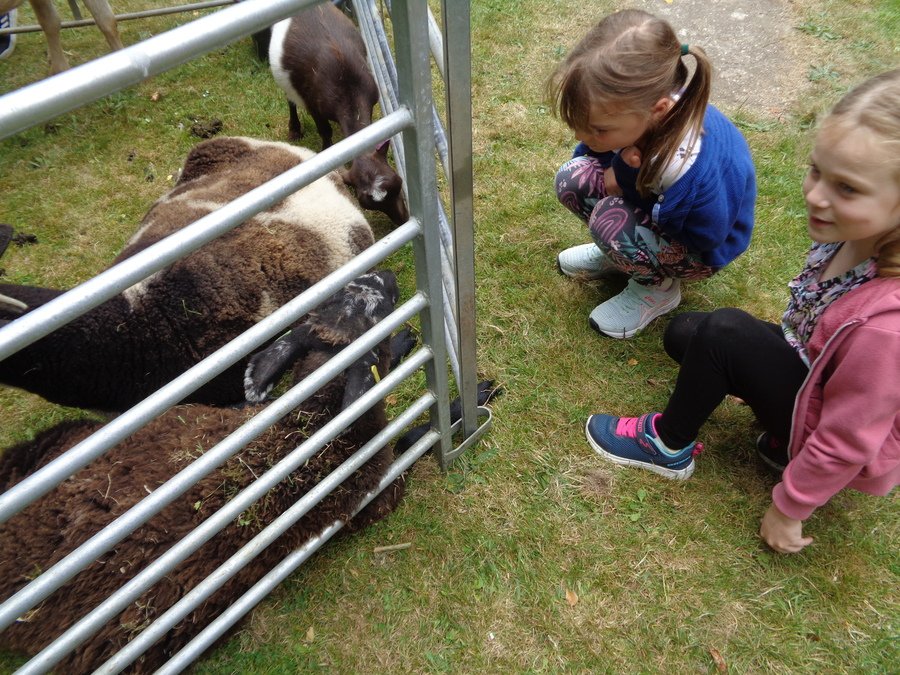
Intent
At Shottermill Infant School, we aim to inspire and nurture the children’s natural curiosity for Science and the ever-changing world around them. Science is a crucial part of our daily lives and we strive to engage and challenge the children’s thinking, giving them opportunities to further their own learning and ensure the progress of their scientific thought.
Children will acquire and develop skills through a well-planned, engaging and practical science curriculum.
We ensure that the skills to ‘Work Scientifically’ are developed across the year groups so that the children become confident:
- Using a range of scientific equipment.
- Conducting experiments and understanding the importance of fair testing.
- Asking and answering questions about the things they notice.
- Explaining scientific concepts using appropriate vocabulary.
- Making careful observations.
Some science concepts will be taught as standalone sessions, but wherever possible, science will be incorporated into carefully chosen topics and themes throughout the year.

Implementation
The teaching and implementation of science is based on the programmes of study set out in the ‘Understanding the world’ section of the Early Years Foundation Stage Curriculum and the ‘Science’ section in the Key Stage 1 National Curriculum. The subject knowledge in these frameworks is delivered through the chosen topics by each year group and the ‘working scientifically’ skills are taught by linking them to this subject content wherever possible.
As a school, we ensure scientific vocabulary is incorporated into science lessons and teachers know what vocabulary is relevant and necessary for their teaching topics. Similarly, questions to support the different areas of the science curriculum are presented to the children during science lessons.
In addition, the children are given access to objects or standalone experiments that ignite their interest and encourage the use of questions and scientific vocabulary. All classes are encouraged to go out into the school grounds to observe the natural world
and talk about what they notice around them. For example, we are lucky to have a pond area and allotment within the school grounds. Children observe the changing seasons with regular visits to the apple tree, pond and vegetable patch in year R.
At Shottermill Infant School, we recognise the importance of extra-curricular opportunities to further develop the children’s science knowledge and skills. We offer school trips as well as welcoming many topic related visitors (e.g. ZooLab, The Planetarium, Wisley Gardens, the Space Dome visit.)
Science is taught weekly, allowing children to develop their knowledge and skills effectively whilst also maintaining knowledge from previous learning. At the beginning of each Science lesson, previous knowledge and vocabulary is revisited through games or quick recap activities. Key vocabulary is also displayed in class on working walls. Children record their learning in their Science books.
Impact
Measuring the impact of children’s learning is an ongoing activity at Shottermill Infant School. Judgement of the children’s progress is based on day-to-day evidence gathered from classroom activities, as well as evidence taken from summative, end of term tasks.
To determine whether a child has met the set learning objectives in a lesson or deciding if a child has met the statutory end-of-key stage 1 standards, we use a range of evidence:
- Pupils’ recordings of, and responses to their practical science work.
- Teacher records or notes about a pupil’s science work.
- Answer to questions during lesson time or science quizzes.
- Summative tasks set by the teacher.

Working Scientifically
Throughout our science curriculum we offer the opportunity for all children to work scientifically. We encourage pupils to be inquisitive and ask and answers questions about the world around them. We provide opportunities to spend time making observations and use scientific equipment, to perform simple tests and draw their own conclusions. We offer opportunities for children to reflect on and record their findings drawing conclusions on what they have seen.
Science Yearly Overview
| Year Group |
Autumn 1st Half |
Autumn 2nd Half |
Spring 1st Half |
Spring 2nd Half |
Summer 1st Half |
Summer 2nd Half |
|
Reception |
Healthy and unhealthy foods. Vegetables are plants and fruit comes from tress or plants. Clothes for cold weather: comparing fabrics. Observing the wildlife garden. Hibernation |
Looking at how some tress change. Electricity exploration – torch making. We live on Earth and it is part of the solar system. Night and day. Floating and sinking. Comparing animals habitats. Observing the wildlife garden. |
Plants – broad beans. Mini-beasts and the life-cycles of a butterfly, ladybird and frog. Sea mammals. Learn about water and what it is used for. Sea creatures. . Observing the wildlife garden. |
|||
|
Year 1 |
Our Bodies |
Trees and Daylight to Night time |
Carnivores, Herbivores and Omnivores Everyday Materials |
Everyday Materials |
Plants |
Animals |
|
Year 2 |
What are materials used for? |
Absorbency and waterproofing investigations. |
Plants |
Living things and habitats.
|
Animals including Humans. |
|
The Progression of Science across the school.
The Progression of Science across the school.
The Progression of Scientific Vocabulary across the school.
This shows the progression of language from Reception to Year 2.
Science Learning Links for children!
National Marine Aquarium
Home Learning Sessions | Ocean Education | National Marine Aquarium (national-aquarium.co.uk)
Virtual Tour of the Science Museum
Virtual tour of the Science Museum | Science Museum
2021 Bird Watch
Big Garden Birdwatch | The RSPB
Live Bird Webcams
Live Nest Box Webcams | CJ Wildlife (birdfood.co.uk)
World Wildlife Fund
RSPB
Nature Activities for Kids | Fun & Learning - The RSPB
The Pod
The Pod | Pod Games (jointhepod.org)
Wow Science!
Home | WowScience - Science games and activities for kids
BBC Bitesize
KS1 Science - England - BBC Bitesize
Virtual Tour of NASA
Mission Operations - 360-Degree Virtual Tour | NASA
Woodland Trust
Activities - Woodland Trust (treetoolsforschools.org.uk)
The Royal Institution
ExpeRimental | The Royal Institution: Science Lives Here (rigb.org)
Science Homework Help
Science facts and information for kids (primaryhomeworkhelp.co.uk)
Marwell Zoo
Days out in Hampshire | Family day out near me | Marwell Zoo
Winchester Science Centre

























